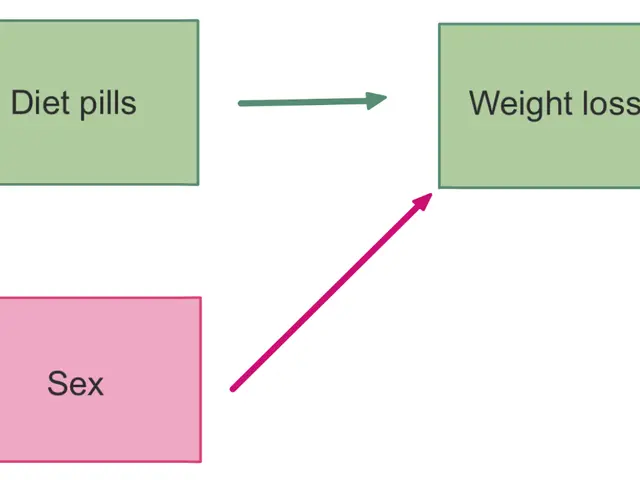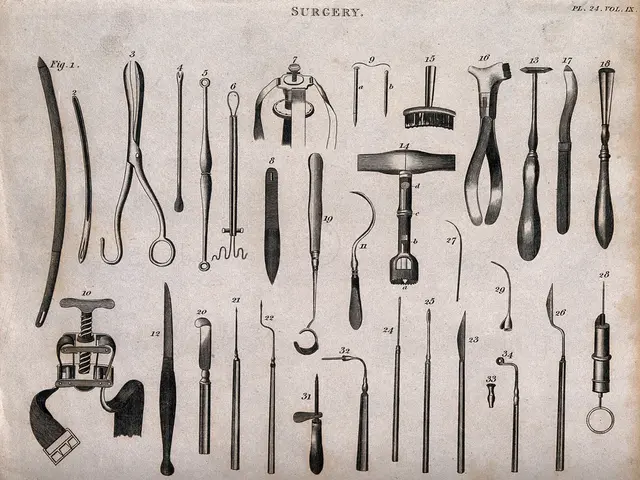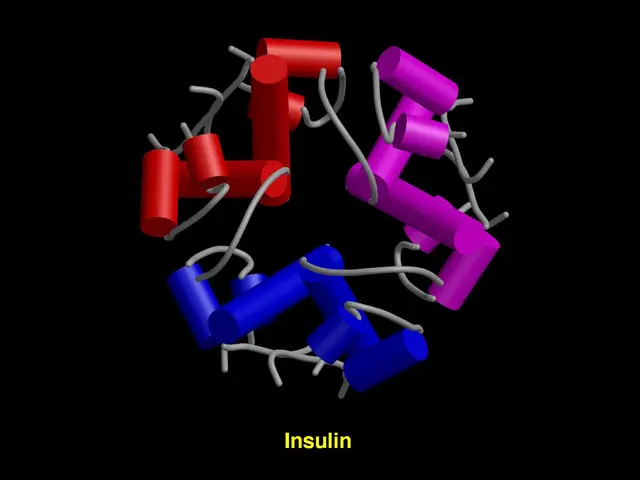Swelling Adolescent Obesity: Prospect of Over 400 Million Overweight Youths by 2030
Over the next decade, the global adolescent population faces an escalating obesity crisis. The Lancet Commission on Adolescent Health and Wellbeing predicts that approximately 464 million teenagers will grapple with obesity, a significant shift from traditional health concerns like smoking and alcohol consumption. The commission emphasizes the need for immediate action to address this rising trend, warning that the consequences could significantly impact the future prosperity of society.
Experts believe that lifestyle interventions, policy, community support, precision medicine, and pharmacotherapy—including GLP-1 receptor agonists—offer potential solutions. These injections, such as semaglutide and liraglutide, aim to curb food cravings but are accompanied by side effects like nausea, diarrhea, and vision problems. Despite their growing popularity, the UK's National Institute for Health and Care Excellence (Nice) remains skeptical about their use for teenagers due to insufficient evidence regarding their effectiveness and long-term safety.
In terms of lifestyle interventions, programs like Fit Together and family-based programs that promote healthy behaviors andáactive participation from parents have shown promising results. Digital and community-based support, such as mobile apps and digital counseling tools, are also being utilized to bolster overweight or obese teenagers' efforts to adopt healthy lifestyles.
The rapidly digitizing world presents unique challenges for adolescents, including climate change, global conflicts, and the impacts of technological advancements on mental health. Consequently, the need for comprehensive support systems and resources is becoming increasingly evident to mitigate these factors' potential negative consequences on adolescent health and development.
Investments in adolescent health and well-being, such as those under Horizon Europe, aim to reduce obesity prevalence in children and adolescents through research, interventions, and cross-sector collaboration. These initiatives reflect a shift toward more personalized, evidence-based, and collaborative approaches to tackle the obesity epidemic among teenagers effectively. The future prosperity of society hinges on ensuring the well-being of the current generation of teenagers and fostering a healthy and informed youth.
- The Lancet Commission on Adolescent Health and Wellbeing has predicted that over 464 million teenagers may struggle with obesity, which could shift the focus from traditional health concerns like smoking and alcohol consumption.
- Experts are exploring lifestyle interventions, policy, and community support, along with precision medicine and pharmacotherapy, to combat the rising trend of obesity among teenagers.
- Programs like Fit Together and family-based initiatives that promote healthy behaviors are showing promising results in addressing obesity among teenagers, while digital and community-based support aids their efforts to adopt healthy lifestyles.
- Investments in adolescent health and well-being, such as those under Horizon Europe, are aimed at reducing obesity prevalence in children and adolescents through research, interventions, and cross-sector collaboration, acknowledging that the future prosperity of society is linked to the well-being of the current generation of teenagers.








